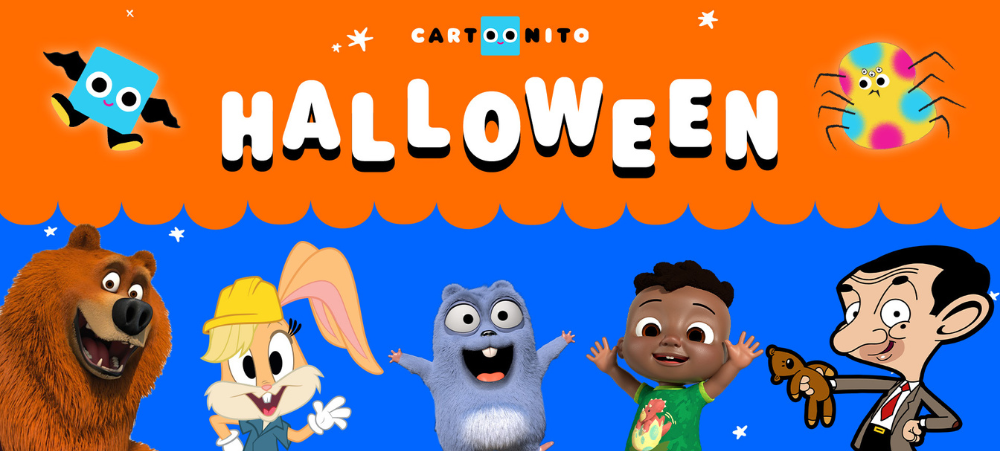Dibber International Preschools is proud to announce the acquisition of the LittleHill Montessori group of schools, marking a significant step in Dibber’s expansion and commitment to delivering world-class early childhood education in South Africa. From October 2025, the five LittleHill Montessori campuses — Polofields, Thaba, Kikuyu, Fynbos (Cape Town), and The Huntsman (Cape Town) — officially become part of the Dibber family, uniting under the Dibber name while maintaining a strong Montessori focus that families and educators have come to trust. In this transition, Dibber will build on the Montessori foundation, enriching it through Dibber’s Nordic pedagogy, an approach that celebrates emotional warmth, play-based learning, and the holistic development of every child. Together, this creates a learning experience that reflects global best practice while remaining deeply personal, nurturing, and rooted in the local community. “This is first and foremost about children and the daily experience they have at school. Families will recognise the same faces and the same warmth. What changes is the name on the gate and the additional strength behind the school,” says Ursula Assis, Managing Director of Dibber International Preschools South Africa. It reflects the practical approach being taken on campus, with teaching teams remaining in place and daily life continuing without disruption. The Montessori curriculum, meals, and fee structures remain unchanged. Starting in October, sites will carry the new identity, ‘Dibber Montessori,’ and the branch name. “Dibber’s heart culture is about relationships before routines. Montessori’s respect for the child fits naturally with that. Our role is to create spaces where children feel safe, seen, and ready to explore, while giving educators the support and tools to do their best work every day,” adds Assis. Estate partners and communities will also benefit from the transition. Dibber will assume school management while maintaining the existing staff teams, bringing the assurance of international best practice, ongoing staff development, and strong quality systems and compliance, all while preserving the caring, Montessori-inspired environment that families value. Dibber’s South African growth sits within a global context. The group operates more than 600 high-quality preschools across ten countries, consistently focusing on nurturing every child’s unique potential through warm relationships, purposeful play, and meaningful learning. “Parents have told us they want continuity for their children and clarity about what matters day to day. That is exactly what we are safeguarding here by ensuring familiar teachers, predictable routines, and a learning approach that honours every child, but now with the added resources of a global early learning family.” This evolution represents a thoughtful blend of Montessori’s respect for the child as an independent learner and Dibber’s conviction that every child is inherently valuable — a fusion that nurtures confidence, curiosity, and compassion through relationships, joyful play, and meaningful learning experiences, helping each child to grow with heart, purpose, and a lifelong love of learning. For more information about Dibber International Preschools and its approach to early childhood education, visit www.dibber.co.za.








